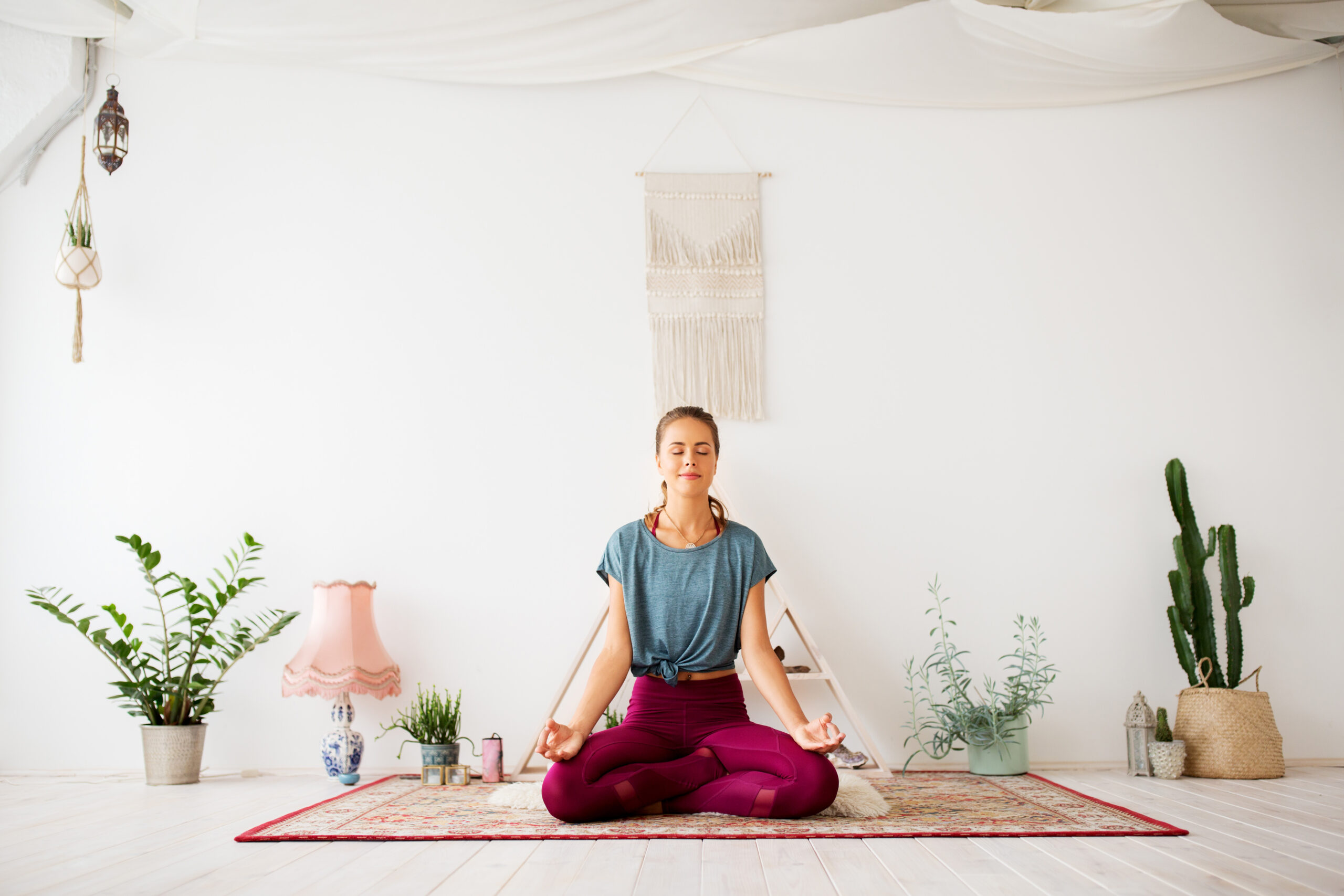By Fawzya Khosti, M.A.Ed., Ed.D. (abd) —
The best way I can describe situational anxiety is when someone is in a difficult or scary situation and they don’t feel they have any control of the situation. They feel completely trapped. They cannot say what they want to say and they cannot leave the situation. In some situations, there may be negative consequences for speaking out or for leaving. An example of situational anxiety may be when a parent, teacher, or boss expect you to do something you absolutely do not want to do. You feel trapped because you know that there are clear negative consequences for not doing what you are asked to do. Consequences could include getting a poor grade, or even losing your job. Another example of something that may cause situational anxiety is COVID-19. COVID-19 is not like anything we have ever experienced. It has a wide reach and has impacted everyone in the entire world at the same time, making it impossible for anyone to escape its reach. You cannot go anywhere to escape and fighting COVID-19 includes distancing yourself from others and spending the majority of your time at home.
The following are strategies to help you better cope with situational anxiety. Think about how you cope with situational anxiety. What strategy would work best for you?
MEDITATION
Meditation is an excellent way to reduce stress and anxiety. The benefits of meditation have been studied endlessly and it has been proven to lower stress and anxiety along with promotes numerous other health benefits. Meditation is an amazing tool as it can be done anywhere, at any time, and for as long as you wish. I recommend taking a one-on-one meditation class (Victoria Goitia at MsV@DesigningChi.com) or using an app such as Calm.
HYPNOTHERAPY
Hypnotherapy is another excellent way to address situational anxiety and it can be done in an office or remotely. This too has had much research supporting its benefit. As a hypnotherapist I see how much this modality has helped others so I highly recommend it. You can find a certified hypnotherapist at Hypnotic World.
COUNSELING/THERAPY
In some situation seeing a counselor or therapist can provide you a safe place to discuss your anxiety. They can help you process your feelings and can help you better cope with your particular situation. You can find a psychologist at the American Psychological Association.
MEDICATION
If you have tried meditation, hypnotherapy or counseling and your anxiety does not resolve you may consider medication. At this point you will need to speak to your primary care physician or psychiatrist to determine if medication is an appropriate next step. You can locate a psychiatrist through the American Psychiatric Association.
As a hypnotherapist I highly recommend starting off with meditation and hypnotherapy. They are the easiest to incorporate into your routine. However, I do recognize that sometimes it does help to seek the help of a professional counselor, therapist, or psychologist to help you create better coping skills. And in more challenging situations, it may help to see a psychiatrist and discuss how medication can help you better cope with anxiety. Sometimes using a combination of meditation, hypnotherapy, counseling and medication can be the best plan in reducing anxiety. Only you can determine what is best for you
This is information only – NOT medical advice
***************************************************************************************************************
Fawzya Khosti, C.HT., M.A.Ed./CI, Ed.D. (abd), Executive Function Coach and Certified Hypnotherapist
Fawzya is an educator and certified hypnotherapist. She has helped students with a variety of challenges, including AD/HD, dyslexia, dysgraphia, dyscalculia, high functioning autism, and anxiety improve their executive function skills and become more successful. Fawzya also consults with homeschooling families and has experience homeschooling children for other families. She loves watching others reach their highest potential.

